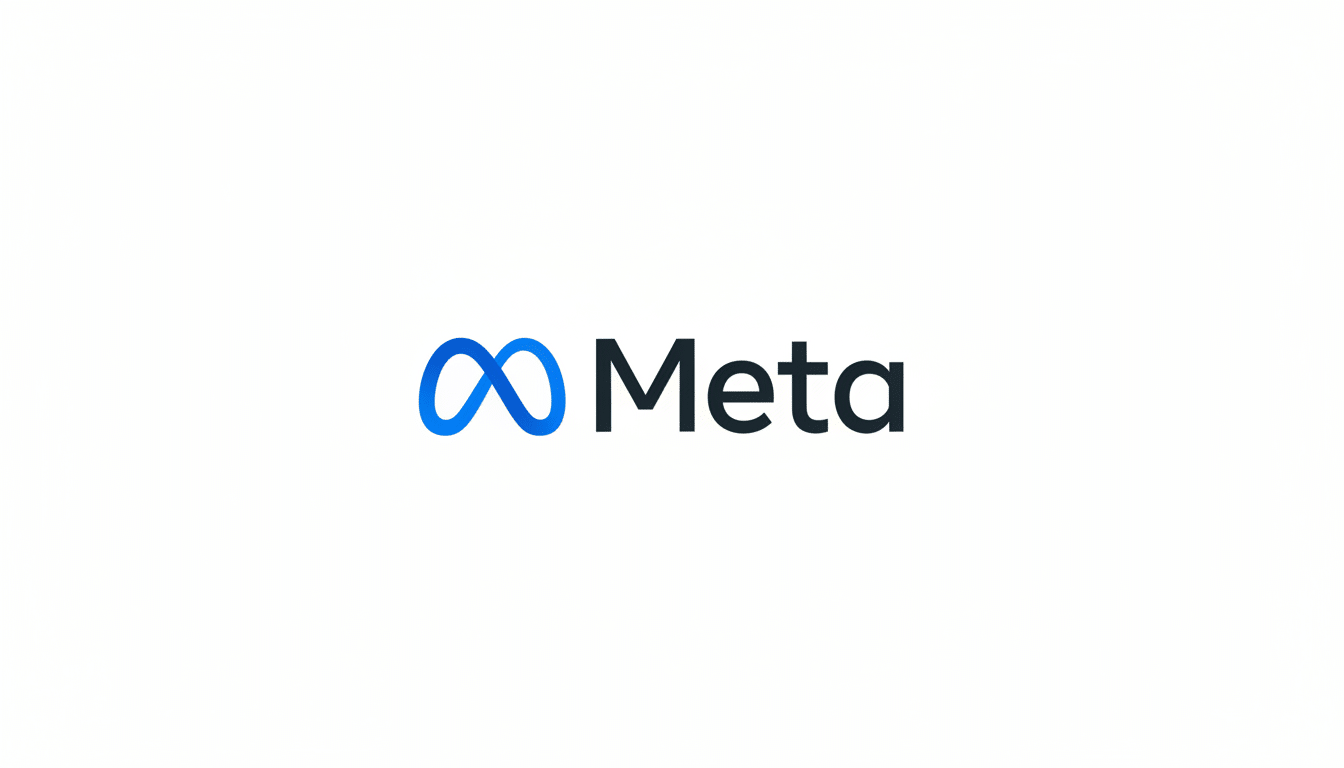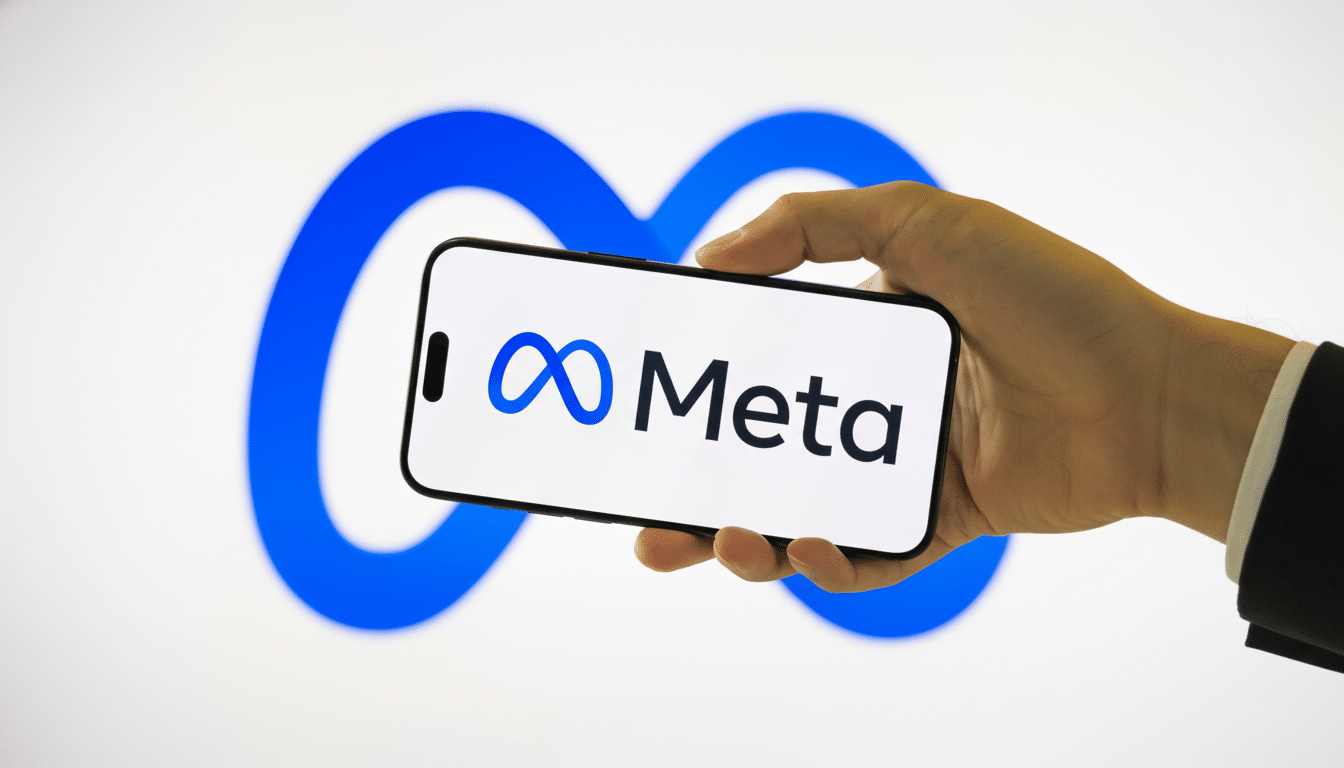Apple’s artificial intelligence ranks are leaking, and Meta is catching the fallout. Just the latest high-profile defection highlights a trend that will help mold the next era of consumer AI: Apple failing to ship marquee features while Meta courts top talent and ships research in public.
The latest defection from Apple’s AI team to Meta
Ke Yang, who was recently promoted to lead Apple’s Answers, Knowledge, and Information group, has departed for Meta, Bloomberg reports. That team works on an AI search experience designed to supercharge Siri with real-time web results and more trustworthy factual grounding. The timing of Yang’s promotion was fresh, and that made the departure hurt a little more.

The change comes after Robby Walker, the senior director who had been running the AKI portfolio, left with his next move not yet publicly disclosed. And he’s not the only one: 9to5Mac reports Apple’s former AI heads Jian Zhang (robotics research), Ruoming Pang (AI models), and Frank Chu (cloud training and search infrastructure) have all moved to Meta within the past few months.
Why Meta is winning the AI talent war over Apple
Meta has been open about its efforts to become a gravity well for AI talent. The company’s FAIR research group, the rapid cadence of its Llama open models, and a willingness to release and deploy at scale provide researchers with a powerful combination of impact and visibility. Company statements have also emphasized the world’s largest GPU buildout; “hundreds of thousands” of high-end accelerators, one that is simply too big to ignore for model builders with considerable compute needs.
There’s also reach. That integration of assistants and AI search across Facebook, Instagram, WhatsApp, and Messenger serves up a gargantuan laboratory. An applied scientist who wants their work used by billions has a clearer line of sight to distribution at Meta than virtually anywhere else.
Compensation matters, too. Public compensation trackers show that principal-level AI roles at big-name platforms can pull down total packages in the seven figures, with Meta being a repeat offender in making aggressive offers for scarce researchers and practitioners. Recruiters say the company has been aggressive with sign-on inducements to close candidates already well into talks elsewhere.
What Apple Is Making And What It Has Run Into
AKI is at the heart of Apple’s effort to give Siri the long-promised brain transplant—fielding more complex questions, drawing on live data from the web, and even directing tasks across apps. With Apple Intelligence and the privacy-first Private Cloud Compute, together, it’s an attractive vision: instantaneous personalized help that still keeps sensitive info secure.

Execution, however, has been halting. Apple’s AI advances have been slower to come than those of rivals and some features are still limited to newer devices. Consumer lawsuits have challenged the company’s claims of readiness and introduced public pressure into internal timelines. Apple’s strict privacy stance, one of its biggest brand strengths, also makes cloud-scale experimentation and fast iteration harder than it is for rivals that have taken a server-centric approach.
The upshot is a more challenging climate for researchers who value speed, compute access, and freedom of publication. As Apple continues to pour resources into its on-device silicon and polished user experience, a steady stream of executives making the pilgrimage to Meta suggests that the company is still fine-tuning how much secrecy and control can coexist with the messy nature of frontier AI research.
The stakes for both firms in the accelerating AI race
For Meta, the hires from Apple should come with hard-won experience in getting consumer features out the door on hardware under tight performance and battery constraints — skills that are more valuable for assistants that need to function across phones, headsets, and PCs. Such leaders are likely to have an impact on AI search that crosses posts, messages, Reels, and also the open web.
For Apple, consistent exits could pose a drag on the Siri overhaul, AKI’s search aspirations, and the wider Apple Intelligence vision. The company’s old playbook — deep integration, polished UX, patient iteration — gets run over by a generational technology shift that prizes pace, openness, and compute scale as differentiators in their own right.
What to watch next as Apple and Meta vie for AI talent
Watch whether Apple lands marquee hires in foundation models and retrieval-augmented search, and if it steps up partnerships to complement its work inside. Also to watch: exactly how wide a launch we get for the first version of Siri with real-time web answers, and how deeply those capabilities are tied into Spotlight, Safari, and third-party apps.
On the Meta side, expect deeper integration of Llama-based assistants into search, advertising tools, and messaging. In skills markets, directional flows are often forerunners of product direction. Currently, the momentum favors Meta in accruing an AI bench — and Apple proves whether it can keep the minds who would build such a platform.

